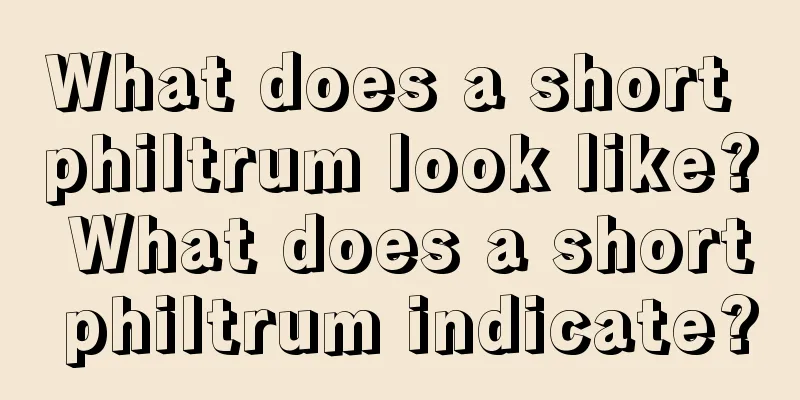The choice between gold and Bitcoin

|
Gold has been used as a transaction medium for thousands of years, and it has an undeniable status as a means of storing wealth. However, compared with assets such as bonds and stocks, gold has low returns and high costs. On the other hand, the advent of the Internet era has brought a strong competitor to gold storage: Bitcoin. Since its launch in 2009, the digital currency has been attracting much attention, perhaps because its price dropped sharply to around $240 after reaching the milestone of $1,000 in 2013; or perhaps because regulators are considering whether to implement a sustainable regulatory environment for it. What factors affect the price of gold? The price of gold is influenced by its inverse relationship with inflation. Since the collapse of the Bretton Woods monetary system in August 1971, which led to the suspension of the ability of the US dollar to purchase gold, gold has been widely used as a hedge against inflationary pressures and as a tool to reduce public debt and promote export growth. Since 2013, as shown in the chart below, inflation has been holding back gold prices, but the trend of inflation and gold prices is consistent. Although the Federal Reserve recently indicated that it may use interest rate hikes to control volatility in financial markets, the black hand behind the impact of gold prices is still inflation. Rising interest rates cause the price of the US dollar to rise, while the price of gold moves in the opposite direction (as shown in the figure below). However, when interest rates rise in an inflationary environment, the price of gold moves in the same direction as the inflation rate, not the interest rate. In the long run, gold is a hedge against inflation. Bitcoin, the new enterprise that surpasses banks? Both Bitcoin and gold operate primarily outside the banking system. However, the lack of an institution that maintains excess savings deposits in banks has led investors in gold savings to invest in digital currencies. But things are not that simple. Bitcoin’s ease of use and convenience in small transactions allows users with an internet connection to transfer money instantly, making transactions that would otherwise not be possible, especially in countries with repressive regimes, possible. For example, small businesses in Argentina are using Bitcoin to work around strict capital controls. Additionally, using Bitcoin to complete transactions is cost-effective, and Bitcoin could potentially be used to eliminate poverty in countries with high transaction fees. Bitcoin's price can fluctuate wildly in the short term, making it a high-risk investment compared to gold. On the other hand, Bitcoin's supply is capped at 21 million, while gold can be mined, so there is no supply limit. Even though Bitcoin's price is more volatile than gold, experts expect Bitcoin's value storage to exceed gold after Bitcoin reaches the 21 million threshold. Escape the Current Monetary System: Is It Possible? Bitcoin is widely considered to be an inherently speculative asset that cannot escape the current monetary system. Due to its unregulated and anonymous nature, Bitcoin has been accused of financing terrorist activities, including money laundering and drug smuggling. In addition, Bitcoin is used as a speculative asset with no valuation guarantee. If a large group of investors/users sell Bitcoin on a large scale, the price of the digital currency will drop significantly, which will then affect all virtual currency users. The chart below shows the fluctuations in the price of Bitcoin. So, which one to choose? Bitcoin or gold? Currently, the price of gold is $1,106.05 per ounce. Until effective political and economic decisions restore stability to the global monetary system, the value of gold may soar. However, the same applies to Bitcoin. Currently, some countries have banned Bitcoin or are considering banning Bitcoin due to the fear that Bitcoin will undermine the country's financial system. The decentralized nature of Bitcoin has made countries wary and are considering whether fraud and criminal activities generated by Bitcoin transactions should be regulated. On the other hand, with the rise of more and more Bitcoin startups, such as Bitrated, consumer confidence in Bitcoin has been increasing. These startups provide consumer protection and have created leading Bitcoin reputation management systems to address the lack of previous consumer protection mechanisms. Given the current uncertainty in the global financial market, if Bitcoin can convince certain governments with its popularity and then accept and regulate it, then due to its popularity, price growth will be just around the corner, which will boost investor confidence and work hand in hand with Bitcoin to win-win all the way forward. |
<<: Bitcoin micro-processing tool Changetip adds U.S. dollar payments
>>: The most disruptive technology in the Internet era: blockchain
Recommend
Facial features of people who are prone to making mistakes at work
Making mistakes at work is a serious matter. It m...
A man with a certain appearance is incompetent.
Women all hope that they can be happy in the futu...
What does a woman with a big mole behind her ear mean?
If we look at a woman's fate from her moles, ...
What kind of woman's face is not good to marry?
The quality of one's face is related to one&#...
Bitcoin price cut in half, bloodbath in the cryptocurrency market, OKEx may lose its contract position -
Bitcoin price cut in half, bloodbath in the crypt...
The last Silk Road Bitcoin auction saw only 11 bidders
Today, the United States Marshals Service (USMS) ...
How to see marriage through the trunk of the marriage tree
If the problem is with the trunk of the marriage ...
Which women will marry rich men?
Everyone hopes that their married life will be go...
What kind of woman is most suitable for a man based on his eyes?
Eyes are the windows to the soul and can represen...
Is it good to have eight-character wrinkles at the corners of the mouth? What does eight-character wrinkles at the corners of the mouth mean?
The eight-character lines at the corners of the m...
10 different palmistry to reveal your marriage
10 palmistry tips for your marriage (1): There is...
What does a mole on the left corner of a woman's mouth mean?
A woman with a mole above the left corner of her ...
ETC faces monetary policy reform, hard fork plan is on the agenda
Many thanks to developers, miners, community memb...
Nigeria's Central Bank: We Can't Stop Bitcoin
Earlier this week, at a breakfast meeting organiz...
Antminer E3 User Guide
This tutorial covers the following 1. Check the E...









